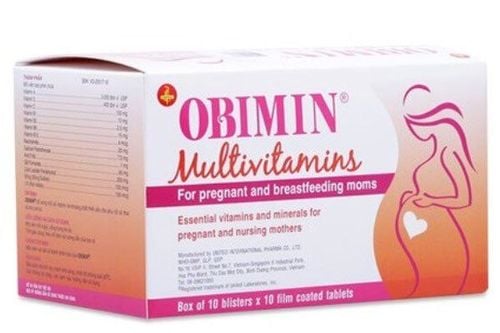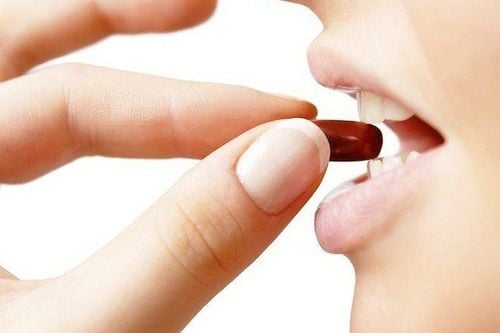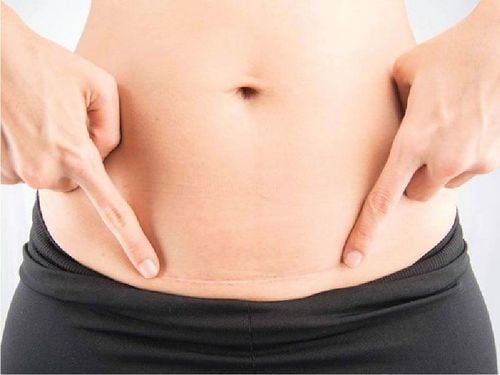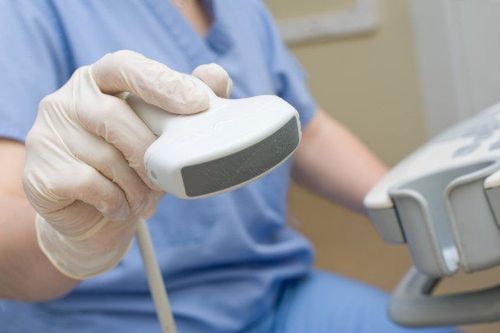Article written by Dr. Nguyễn Như Thu Trúc, MSc, MD – Obstetrician-Gynecologist, Obstetrics & Gynecology Department, Vinmec Nha Trang International Hospital.
Iron is an essential component for pregnant women. Iron deficiency can lead to anemia, loss of appetite, and increased risk of premature birth. However, excessive iron supplementation leading to iron overload can have serious consequences for both the mother and the fetus.
1. Iron needs in pregnant women
Iron plays a crucial role in the body. It combines with proteins to form hemoglobin, which transports oxygen (O₂) and carbon dioxide (CO₂), prevents anemia, and participates in redox enzymes. Iron requirements are calculated based on the bioavailability of dietary iron, changes in iron needs during pregnancy, and adjusted according to the ideal weight of Vietnamese women. Iron from food often cannot meet the increased demand during pregnancy and breastfeeding. Therefore, pregnant women need to take iron supplements during pregnancy and consume iron-rich foods while breastfeeding.
According to nutrition experts, pregnant women should supplement with at least 27 mg of iron per day (not exceeding 45 mg) throughout pregnancy. The dosage should be tailored to each case and prescribed by a specialist.
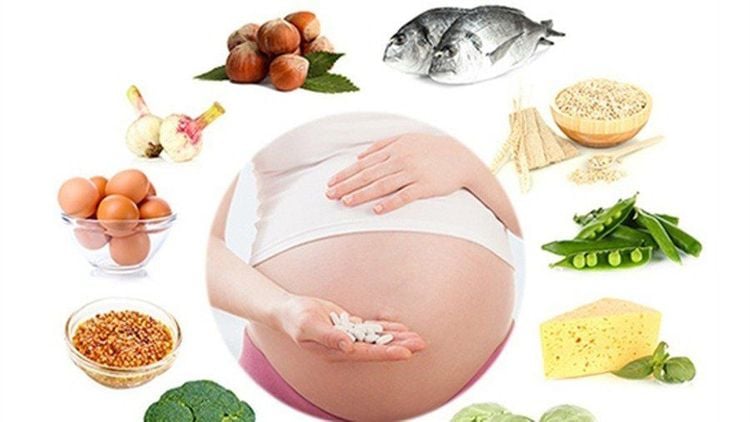
2. What are the consequences of iron overload during pregnancy?
Pregnant women with iron overload can face severe consequences for both themselves and their babies. Excessive iron increases free iron and hemoglobin levels, which may disrupt the transport of blood and oxygen from the mother to the fetus. This can result in low birth weight, premature birth, and even fetal death.
Moreover, long-term iron accumulation in the mother's body can strain the liver and spleen, eventually leading to spleen and liver failure, as well as diabetes due to pancreatic dysfunction. Excess iron can also contribute to cardiovascular diseases, strokes, Parkinson's disease, and cancer.
3. Symptoms of iron overload in pregnant women
Pregnant women should watch out for the following warning signs of iron overload:
- Nausea, vomiting, abdominal pain, diarrhea, discomfort
- Bleeding, blood in urine, low blood pressure
- Jaundice, liver failure
- Shortness of breath, rapid breathing, rapid heart rate
- Drowsiness confusion
Trắc nghiệm: Bạn có hiểu đúng về dấu hiệu mang thai sớm?
Các dấu hiệu mang thai sớm không phải chỉ mỗi trễ kinh mà còn có rất nhiều dấu hiệu khác như xuất huyết âm đạo, ngực căng tức,… Điểm xem bạn biết được bao nhiêu dấu hiệu mang thai sớm thông qua bài trắc nghiệm này nhé!
4. Treatment for iron overload in pregnant women
- Stop taking iron supplements immediately.
- Consume high-fiber foods, fruits, and vegetables, as dietary fiber helps reduce iron absorption.
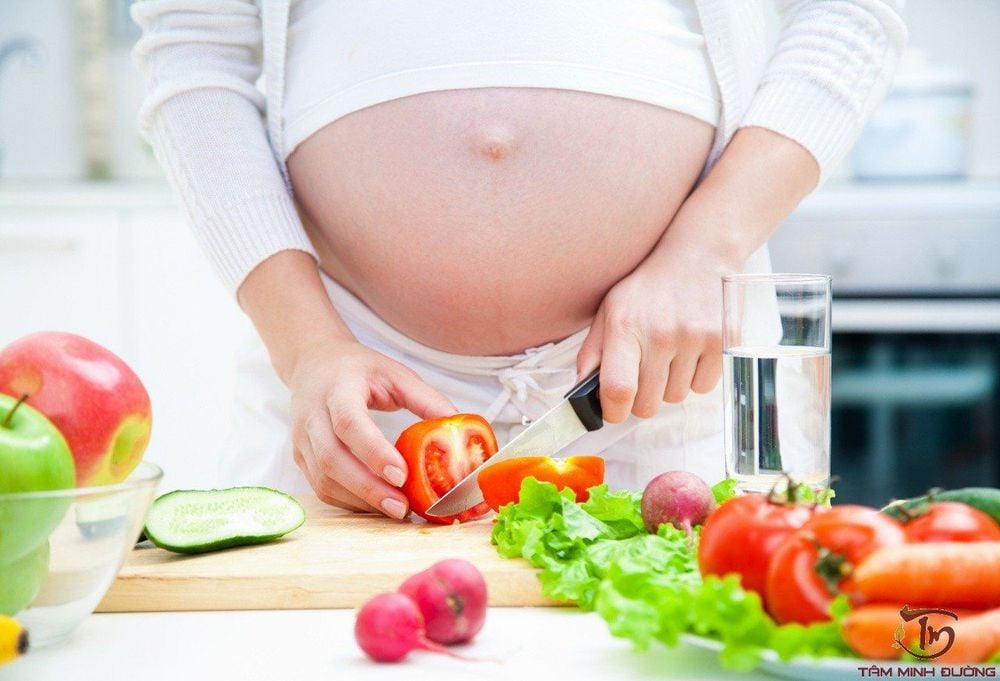
- Include diuretic foods such as coffee, pennywort, and corn silk tea to quickly eliminate excess iron.
- If symptoms become severe, pregnant women should visit a medical facility immediately for diagnosis and treatment. Depending on the level of iron overload, doctors may prescribe iron-chelation medications, stomach flushing, etc.
5. Precautions when supplementing iron for pregnant women
What to Do:
- Iron is better absorbed on an empty stomach, so it is recommended to take iron supplements 1 hour before or 2 hours after meals.
- Take the supplement with at least half a glass of water. Avoid lying down or chewing the tablet when taking it.
- Combine iron with vitamin C (e.g., by eating vitamin C-rich fruits) as it helps convert iron into a more absorbable form. Some products on the market already combine iron with vitamin C.
What to Avoid:
- Avoid taking iron and calcium at the same time. If both are required, take them at different times. For example, take calcium after breakfast and iron after lunch (2 hours later).
Avoid taking iron close to bedtime, as it may cause heat and disrupt sleep. - Avoid taking iron with tea or coffee, as they hinder iron absorption.
- Avoid combining iron with certain medications like antacids for stomach ulcers, tetracycline, levothyroxine, or ciprofloxacin, as they reduce iron absorption.
To arrange an appointment, please call HOTLINE or make your reservation directly HERE. You may also download the MyVinmec app to schedule appointments faster and manage your reservations more conveniently.






